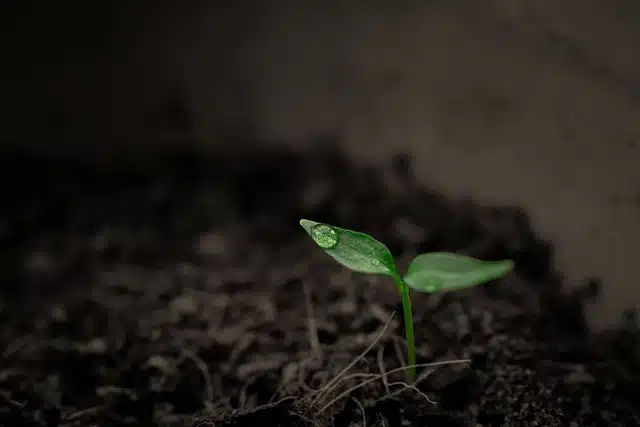
Something incipient is beginning or taking its first steps.
The etymology of incipient leads us to incipiens , a Latin word. The concept is used to refer to what is just beginning .
The incipient, therefore, is taking its first steps and still, due to time issues, has not taken hold or reached a significant level of development. For example: “I am worried about my incipient baldness” , “Our district, with a lot of effort, is beginning to have an incipient industrial sector that, as it grows, will generate thousands of jobs” , “The incipient dialogue between both countries generates hope.”
Concept of incipient
Something incipient can develop successfully and advance or, on the contrary, modify its course or be truncated. Let's take the case of a woman who decides to start a business focused on the sale of crafts. This person starts the fledgling project by offering their products to their family and friends. Depending on the impact you get, you will probably decide to make new creations and expand your reach (with a stand at a fair or renting a venue, to name two possibilities) or, on the other hand, give up on the idea.
With the passage of time, what is incipient always ceases to be so. Let's take the case of two young people who begin a romantic relationship. In the first weeks or months, the bond will be incipient and both will get to know each other in depth little by little. On the other hand, if they continue together over the years, the relationship will have already been consolidated. A courtship of four years or a marriage of a decade cannot be described as incipient.

The incipient has not yet reached great development.
The passage of time
It is interesting to highlight this nature linked to the passage of time that this adjective has, as well as many others, including young, nascent, fresh, clean and updated , for example. Human beings tend to idealize individuals and the things that matter most to us, and part of this idealization consists of denying their deterioration , even if only unconsciously.
When we talk about our friends, for example, we describe them in an isolated moment of life, in a slice of their existence in which time does not advance, because in no way do we want to think that one day they will die or will no longer be around us. side. Something similar, although with less intensity, happens with the objects we treasure: we do not stop to think that our newly purchased computer will one day stop turning on or become obsolete compared to other models.
Generally, in our daily lives we do not stop to observe the consequences of the passage of time on others or things, but rather this phenomenon surprises us suddenly, with bad news, when old age is already approaching us. For this reason, we do not experience the transition between the incipient, the recent and the old in a fluid way, but rather we allow ourselves to be carried away by experiences and live them fully, until one day we are aware that "time has passed too much." fast".
Synonyms and antonyms of incipient
If we look for the term incipient in a thesaurus, we find some of those mentioned in the previous paragraphs, as well as others: first-time, embryonic, initial, beginner, new , nascent and rudimentary . Regarding its most common antonym, we can mention finished .
In short, it is correct to say that the incipient is "something that begins", that goes from not existing to existing in an obvious way and that goes through an inevitable process that is closely linked to the passage of time. Whether it is a romantic relationship or a work project, it is considered incipient for a few days, a few weeks or even a few months but then it becomes recent, old and, for one reason or another, it ends .
